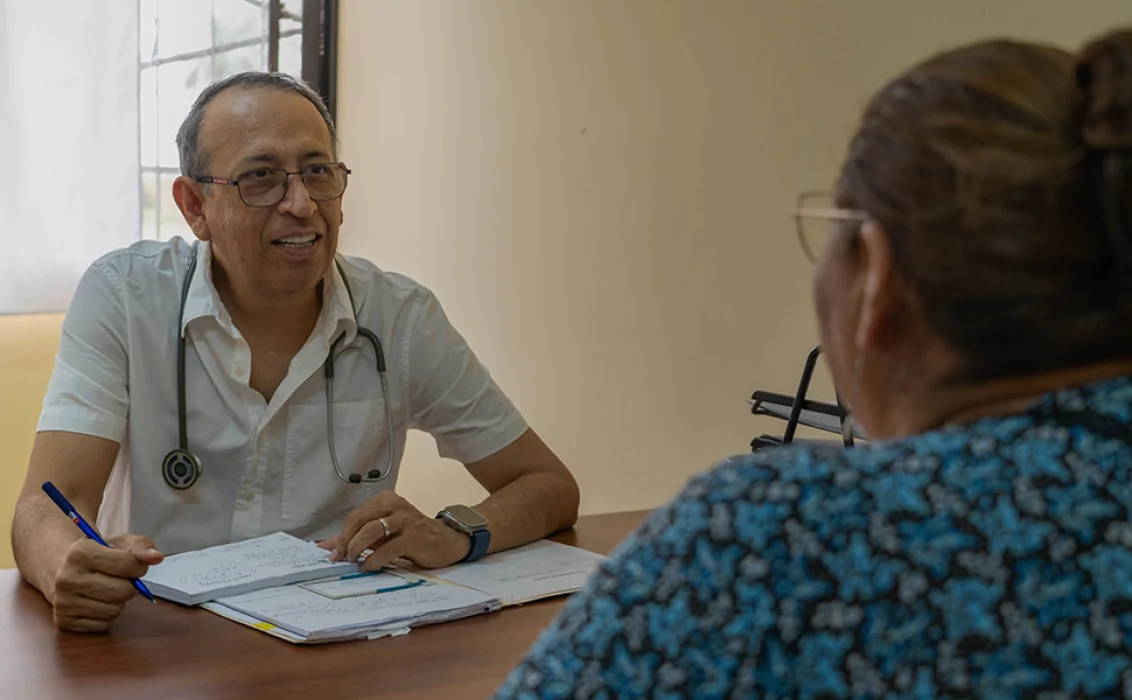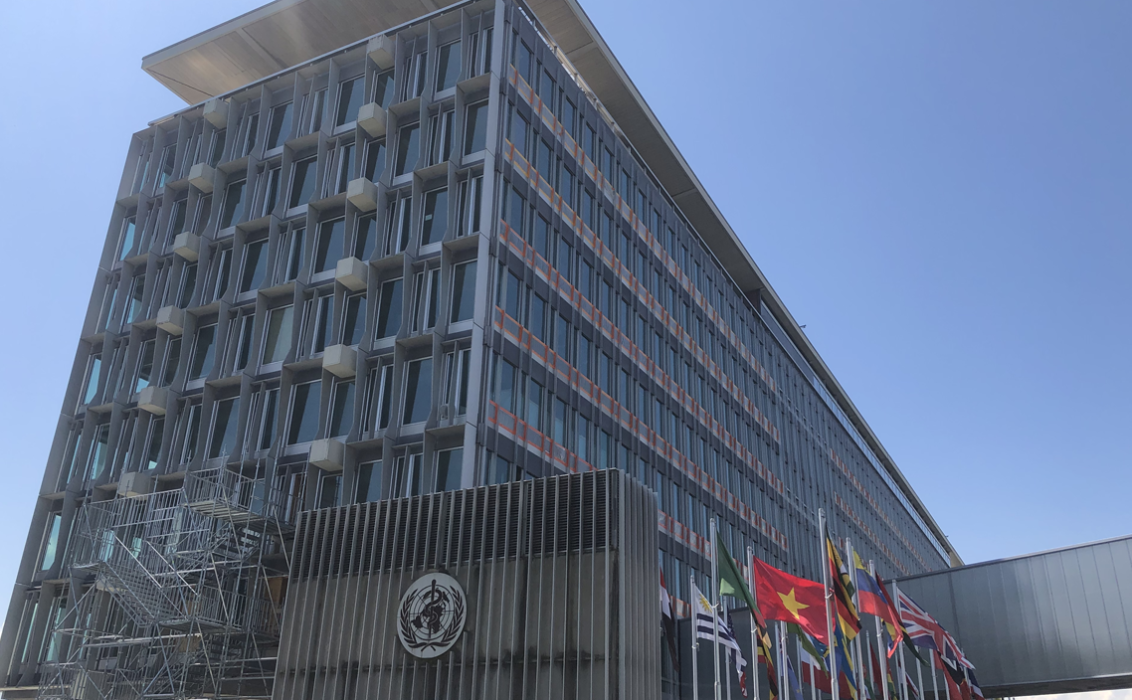The number of adults living with diabetes worldwide has surpassed 800 million, more than quadrupling since 1990, according to new data published in The Lancet on World Diabetes Day.
The analysis, conducted by the NCD Risk Factor Collaboration (NCD-RisC) with support from the World Health Organization (WHO), highlights the scale of the diabetes epidemic and an urgent need for stronger global action to address rising rates of the condition and widening treatment gaps, particularly in low- and middle-income countries (LMICs).
The study reports that global diabetes prevalence in adults rose from 7% to 14% between 1990 and 2022. LMICs experienced the largest increases, where diabetes rates have soared while treatment access remains persistently low. This trend has led to stark global inequalities: in 2022, almost 450 million adults aged 30 and older – about 59% of all adults with diabetes – remained untreated, marking a 3.5-fold increase in untreated people since 1990. Ninety per cent of these untreated adults are living in LMICs.
Commenting on the new figures, Prof Peter Schwarz, President of the International Diabetes Federation said:
“The extent of the increase in the number of people living with diabetes indicated in these estimates is alarming. The data underline a need to enhance our understanding of the determinants behind the rapid rise. They confirm a requirement for greater resource allocation to support those living with the condition and the need to accelerate efforts to prevent diabetes worldwide. The International Diabetes Federation calls on all stakeholders to make diabetes a health priority and take action to address the rising tide of diabetes to improve quality of life and address the emotional and physical well-being of the many millions now living with the condition.”



